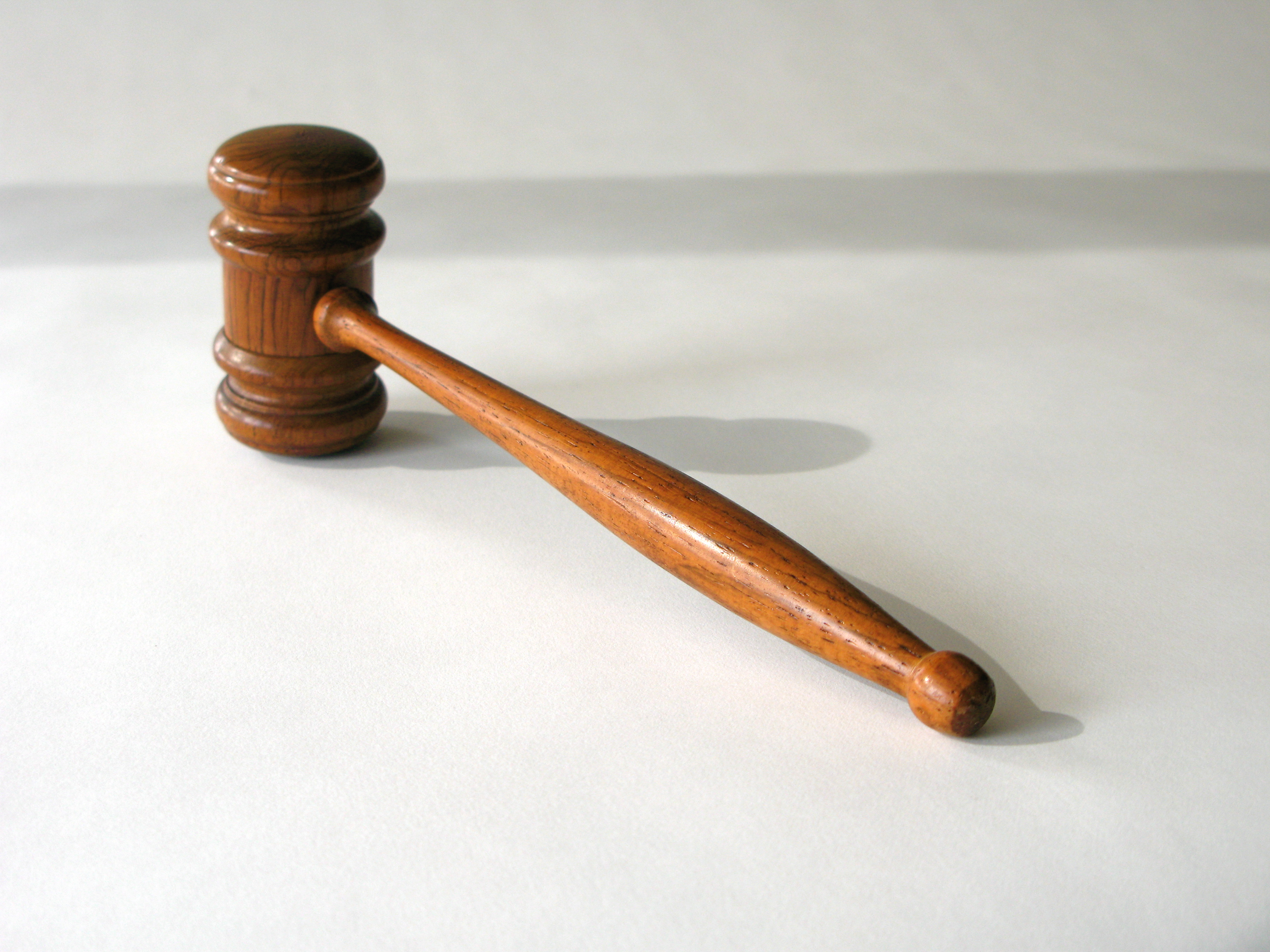
30 May Hiring a lawyer: retainer or hourly rate?
Photo: mconnors/morguefile.comQ. I need a lawyer and I interviewed two. One wants a retainer and the other works on an hourly rate. I could come up with the retainer money, but I want to know what the difference is and which will cost me more by the end?
— Unsure
A. You’re very smart to look at your relationship with an attorney as a long-term investment. And no one should enter into any agreement without a real understanding of the costs.
In most cases, attorneys in New Jersey are required to have a legal fee agreement in writing with their client, said Anthony Vignier, a certified financial planner and attorney with Vignier Investment Group in Kearny.
He said a retainer is a fee paid to an attorney to make sure that he or she will represent and render service to their client in a given matter.
Vignier said the attorney can bill against the retainer on an hourly basis or sometimes the fee can be a fixed or flat fee. Regardless, the attorney must do the work for you that he or she promised to do.
There are different kinds of retainers, and for your question, we’ll assume the first lawyer is offering you a flat fee retainer.
“With a flat fee retainer the lawyer charges a onetime fee regardless of the time spent on your matter,” Vignier said. “Typically flat fee retainers are used in transactional work such as real estate closings, business incorporation, estate planning with a will or trust, traffic cases and sometimes an uncontested divorce.”
Vignier said it’s rare for an attorney to charge a flat fee for a case that will be litigated in court. This is because it is impossible to assess how much time spent on the case.
The benefit of a flat fee retainer to you is that your legal costs are capped.
Typically, Vignier said, attorneys also use a flat fee retainer because they are experienced and can approximate how much time will be spent on a particular matter.
“Regardless of the billing method you should discuss the legal services agreement in detail with the attorney because most flat fee agreements will contain a provision that if the legal work (ie. time involved) goes beyond what was anticipated, an hourly rate can kick in or the fees may have to be re-negotiated,” he said.
Charging an hourly rate is the most common payment arrangement between an attorney and client. The attorney gets paid their quoted hourly rate for all their time spent working the case until the matter is concluded. This includes research, letters, emails, phone calls, court appearances, and more.
Vignier said hourly rates vary from firm to firm based on the difficulty of the case, the attorney’s experience, and a firm’s overhead and location. Hourly rates in New Jersey can vary anywhere from $150 to $1,000 or more.
He said it’s difficult to say which billing method will cost you more money.
An attorney who charges by the hour for a particular matter may be less expensive if that matter gets resolved in a few hours, but the reverse is also true, Vignier said. It’s often very difficult to assess how much time an attorney must put into a case and therefore an hourly rate can become expensive, which is why in some cases people prefer to pay a flat fee.
“Regardless of which method you’re partial to, remember that you should feel comfortable with the attorney you choose,” Vignier said. “So if you like the attorney who quoted the hourly fee but are afraid of the potential cost, ask her if she is open to other fee arrangements. It never hurts to ask.”
Email your questions to .
This post was first published in May 2016.
NJMoneyHelp.com presents certain general financial planning principles and advice, but should never be viewed as a substitute for obtaining advice from a personal professional advisor who understands your unique individual circumstances.
